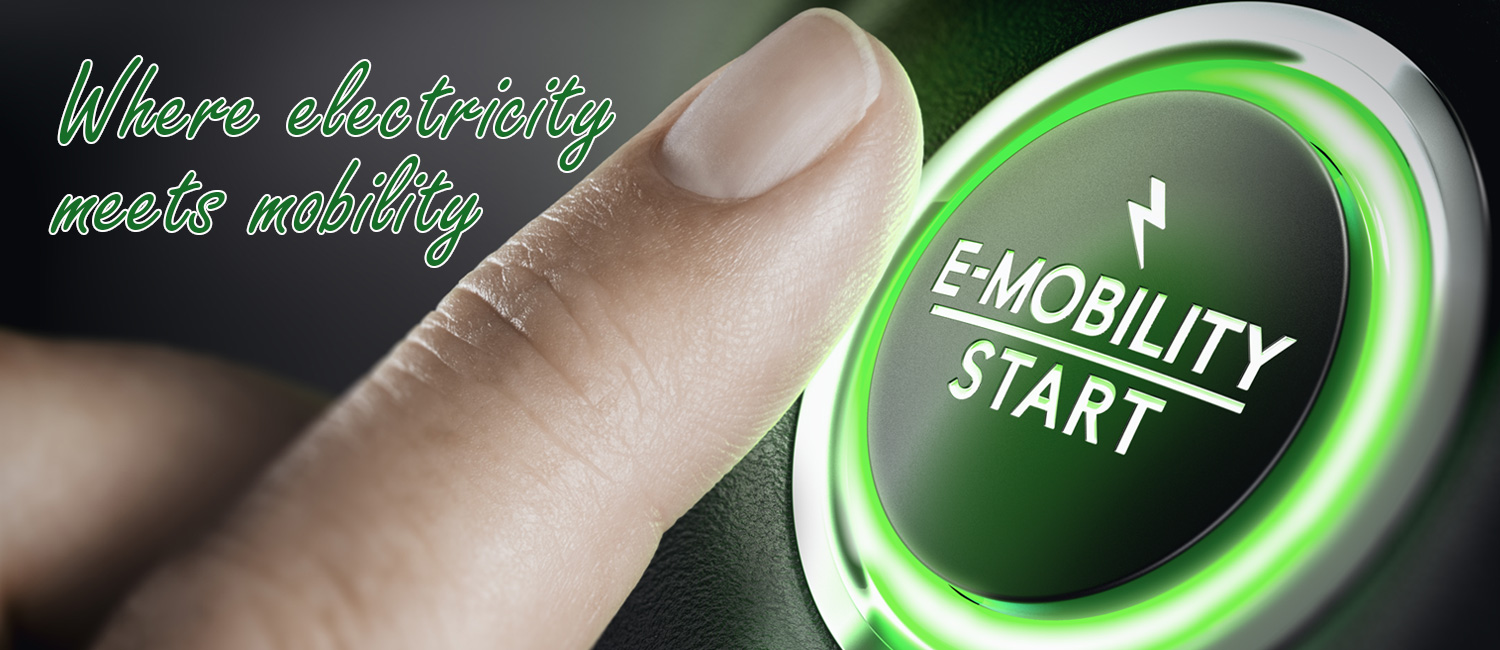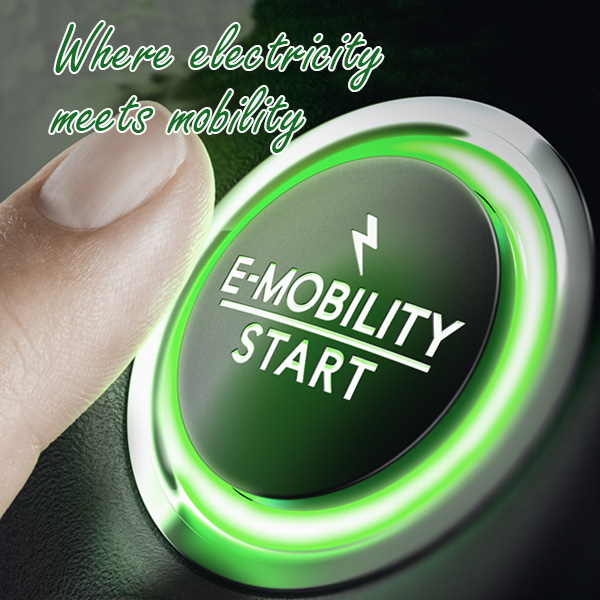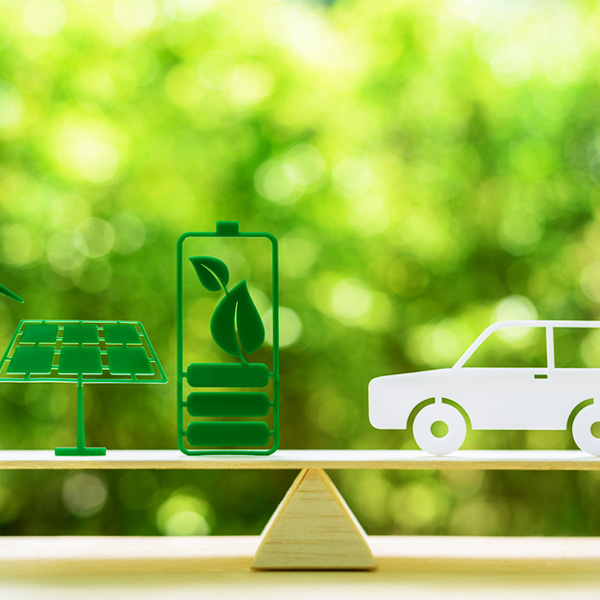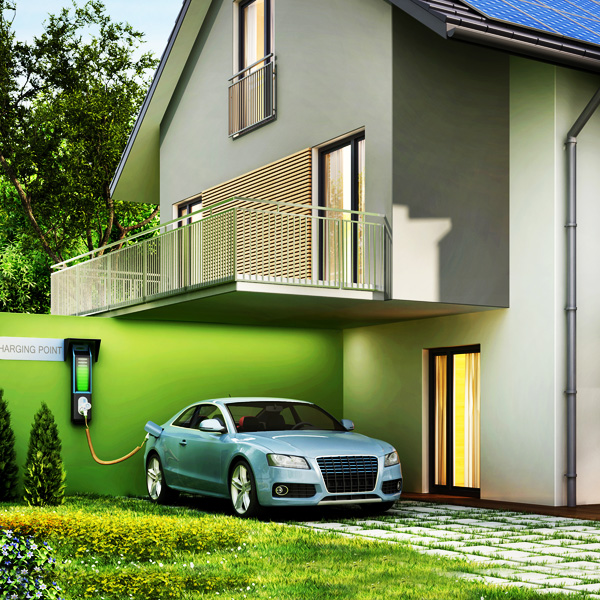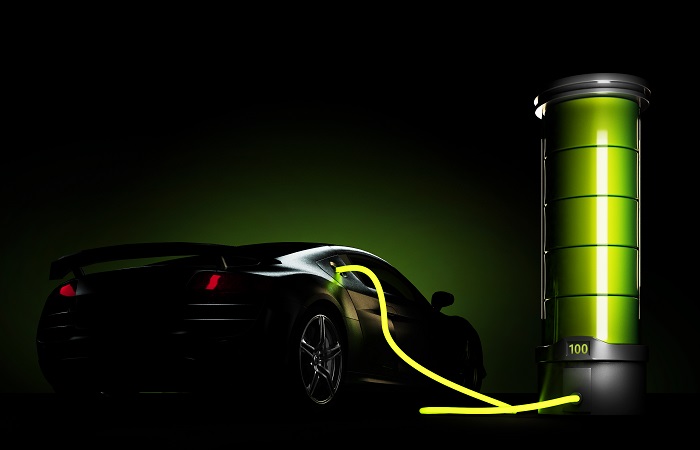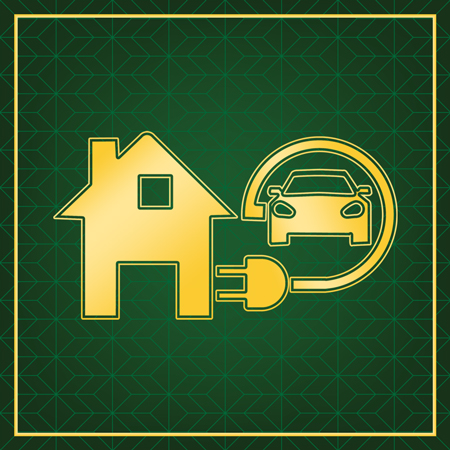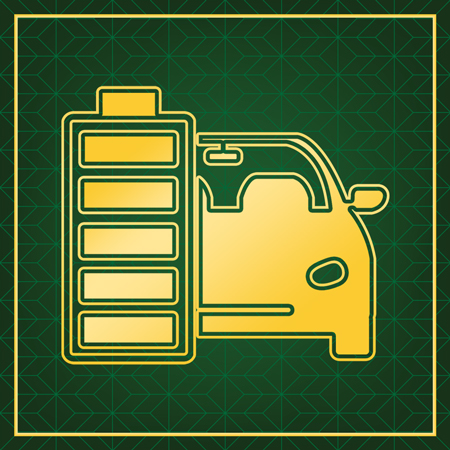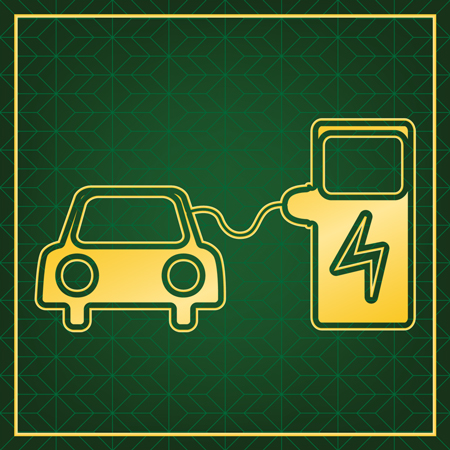eChargeBays is a start-up in the Electric Vehicle [EV] field with focus on creating the possibility of elimination of ‘Range Anxiety’ concerns faced by EV customers by enhancing the availability of Charging Infrastructure
Working in the Charging Infrastructure space of EVs, eChargeBays is headquartered in New Delhi. Our vision is to supplement efforts for Clean Environment Drive-by enhancing long-distance travel using clean and green energy. Our mission is to create a possibility of elimination of ‘Range Anxiety’ concerns of EV customers to enable e-mobility by supporting customer choice.
eChargeBays proposes to achieve this through the process of collaboration with various stakeholders in the EV space. Through this collaborative approach, eChargeBays endeavours to build an ecosystem around electric vehicles with a focus on Charging Infrastructure

